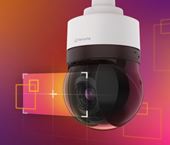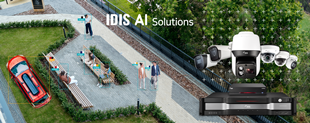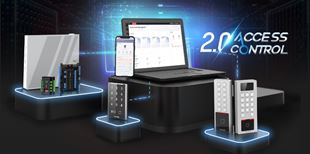Nearly two-thirds of organisations have already adopted mobile access control — or plan to within two years - this is according to research from Assa Ably. Additionally, analysts Omdia, also say that mobile credential downloads grew by 220% between 2018 and 2019, the same researchers also estimate 120 million will be on phones globally by 2023. This growth will continue, driven by the convenience, cost and security benefits.
The security of mobile credentials improves on smart-cards and fobs. Biometrics are built into almost every modern smartphone, via fingerprint and face ID unlocking. Human behaviour is also on the smartphone’s side. How quickly would a student or employee notice a lost plastic access card? Everyone is more careful with their phone.
For users, convenience benefits are obvious — and have already ushered in a mobile revolution in banking, travel booking, food delivery and many more sectors. Yet not all solutions are created equal, especially in a field as sensitive as security: The user’s experience and privacy are both critical considerations.
Mobile access via battery powered Aperio locks, for example, is built on Seos, a platform with class-leading cryptography and privacy protection. Unlocking any opening secured with an Aperio device is easy and intuitive: Users simply present their phone at the RFID reader, just as they would a smart-card. They don’t even need to open an app.
Aperio locks are already compatible with all major RFID credentials and NFC. The Aperio E100 Electronic Escutcheon is also compatible with Bluetooth Low Energy — and more Aperio devices will support Bluetooth in the near future. User experience at the door is always identical for any credential.
Businesses can run RFID and mobile in parallel, if they choose. Every technology is always inside the Aperio package: There is no need to decide at purchase. And because Aperio is built on an open platform for maximum compatibility, locks integrate seamlessly with over 100 different security and access control systems.
For facility managers, security, cost and convenience are all enhanced by mobile. Lost physical credentials pose a major threat to workplaces. According to Assa Abloy, over 17% of respondents to one survey admitted losing an RFID card or fob in the previous 12 months. Mobile credentials can be cancelled or amended over the air, without any need for updaters or a credential handover meeting. Nobody is left waiting for their access permissions to update or their old card to be cancelled.



















